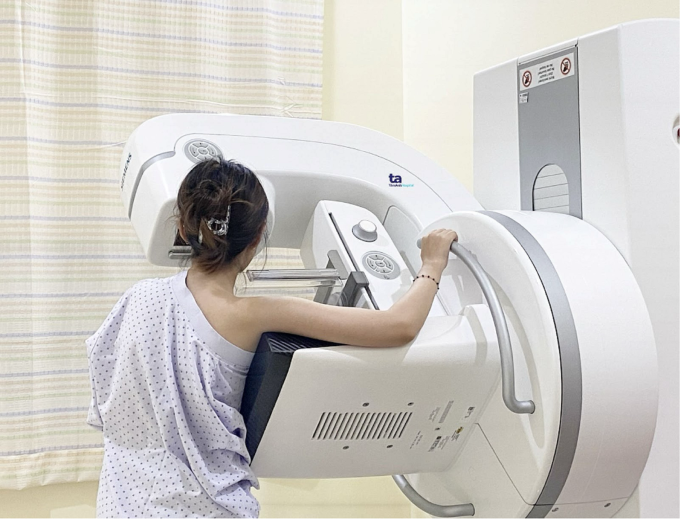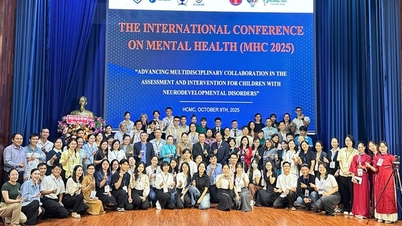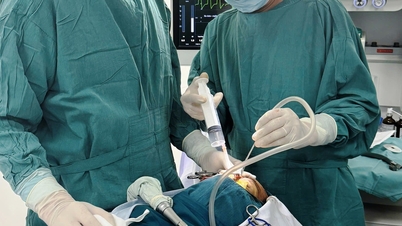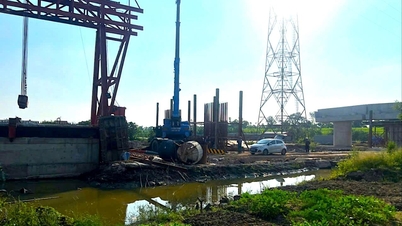Women with a grandparent, aunt, uncle, niece, or nephew who developed breast cancer after age 50 have an average risk, while multiple relatives with the disease under age 45 are at high risk.
According to the National Cancer Institute, breast cancer is the most common cancer in women. Women whose mother, sister, or daughter had breast cancer at a young age (premenopausal) have twice the risk of developing malignant breast tumors as women with no family history of the disease.
The risk level in women depends on which family member has breast cancer.
Women who have a second-degree relative (grandparent, aunt, uncle, niece, nephew) diagnosed with breast cancer after age 50 have an average risk. If you have one or two first-degree relatives (father, mother, brother, sister, child) or two second-degree relatives diagnosed with the disease after age 50, you have a moderate risk of breast cancer.
People who have one or more first- or second-degree relatives diagnosed with the disease at age 45 or younger have an increased risk of breast cancer.
Women who have one or more first- or second-degree relatives with triple-negative breast cancer at age 60 or younger are at increased risk.
If you have one or more first- or second-degree relatives diagnosed with cancer in both breasts, you are at high risk.
Women who have one or more first- or second-degree relatives diagnosed with male breast cancer are at increased risk of developing malignant breast tumors.
Having a younger relative (premenopausal or under 50) with breast cancer or prostate cancer increases your risk of developing malignant breast tumors more than having an older relative with these diseases.

Breast cancer screening mammography at Tam Anh General Hospital. Illustration photo: Provided by the hospital
According to the US Centers for Disease Control and Prevention, genetic testing can help detect breast cancer genes in people with a family history of the disease. With new genetic testing techniques, breast cancer genes can be identified before the disease develops. There are more than 70 gene mutations associated with breast cancer, the most common being BRCA1 and BRCA2 mutations.
Women at high risk should have regular mammograms to screen for breast cancer.
Mai Cat (According to Very Well Health )
| Readers ask questions about cancer here for doctors to answer |
Source link



![[Photo] President Luong Cuong attends the 80th Anniversary of the Traditional Day of Vietnamese Lawyers](https://vphoto.vietnam.vn/thumb/1200x675/vietnam/resource/IMAGE/2025/10/09/1760026998213_ndo_br_1-jpg.webp)

![[Photo] General Secretary To Lam visits Kieng Sang Kindergarten and the classroom named after Uncle Ho](https://vphoto.vietnam.vn/thumb/1200x675/vietnam/resource/IMAGE/2025/10/09/1760023999336_vna-potal-tong-bi-thu-to-lam-tham-truong-mau-giao-kieng-sang-va-lop-hoc-mang-ten-bac-ho-8328675-277-jpg.webp)



























































![[VIDEO] AI version of BSR General Director Nguyen Viet Thang: From the mission of energy shield to the desire to contribute](https://vphoto.vietnam.vn/thumb/402x226/vietnam/resource/IMAGE/2025/10/10/1760062415027_0000371c-f2a1-31a0-38a9-e3de0ece2bbd.jpeg)










































Comment (0)